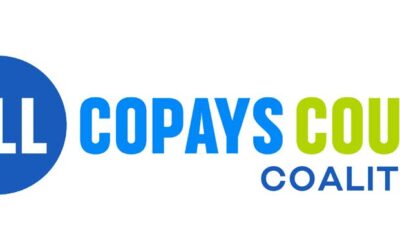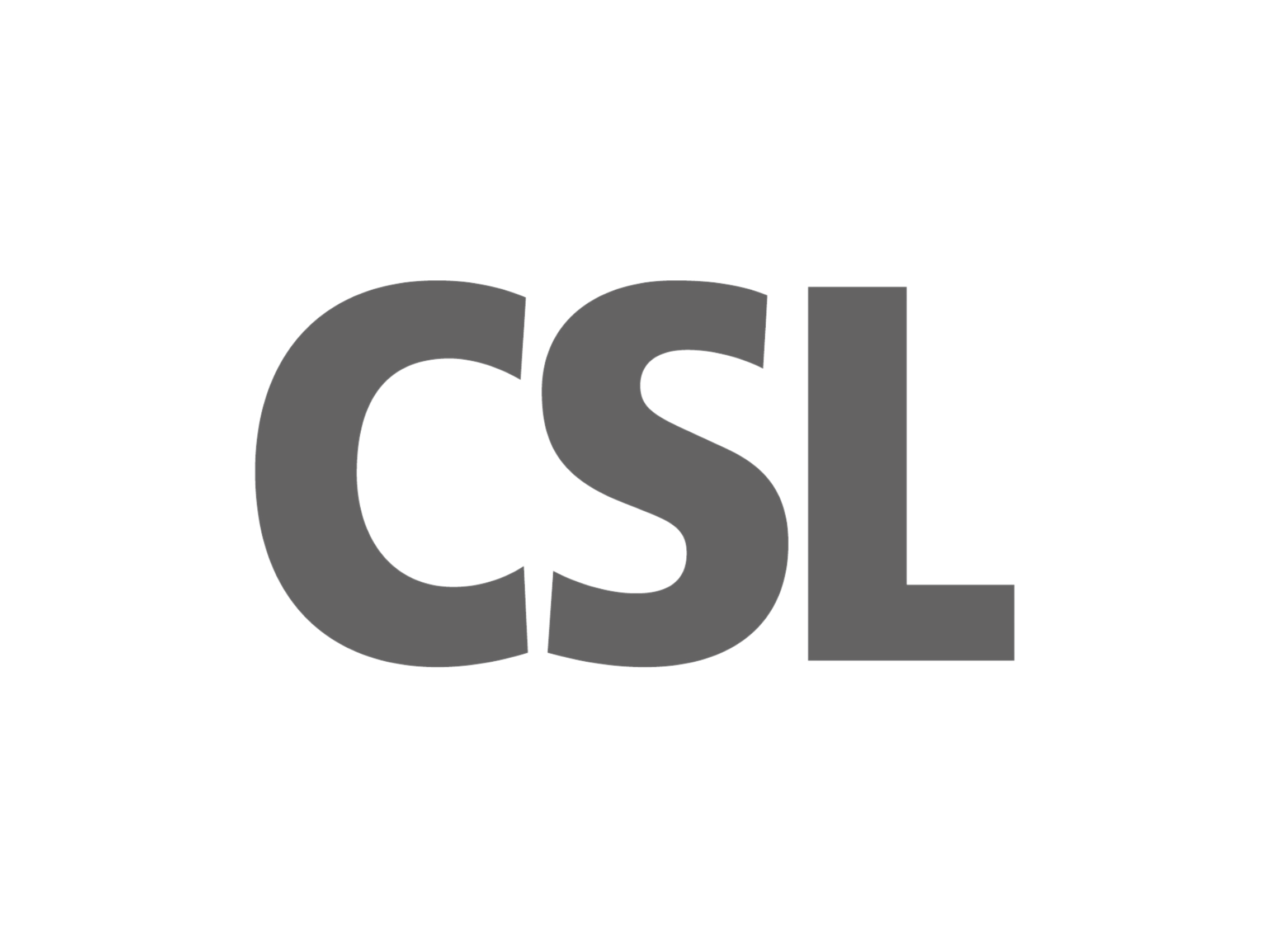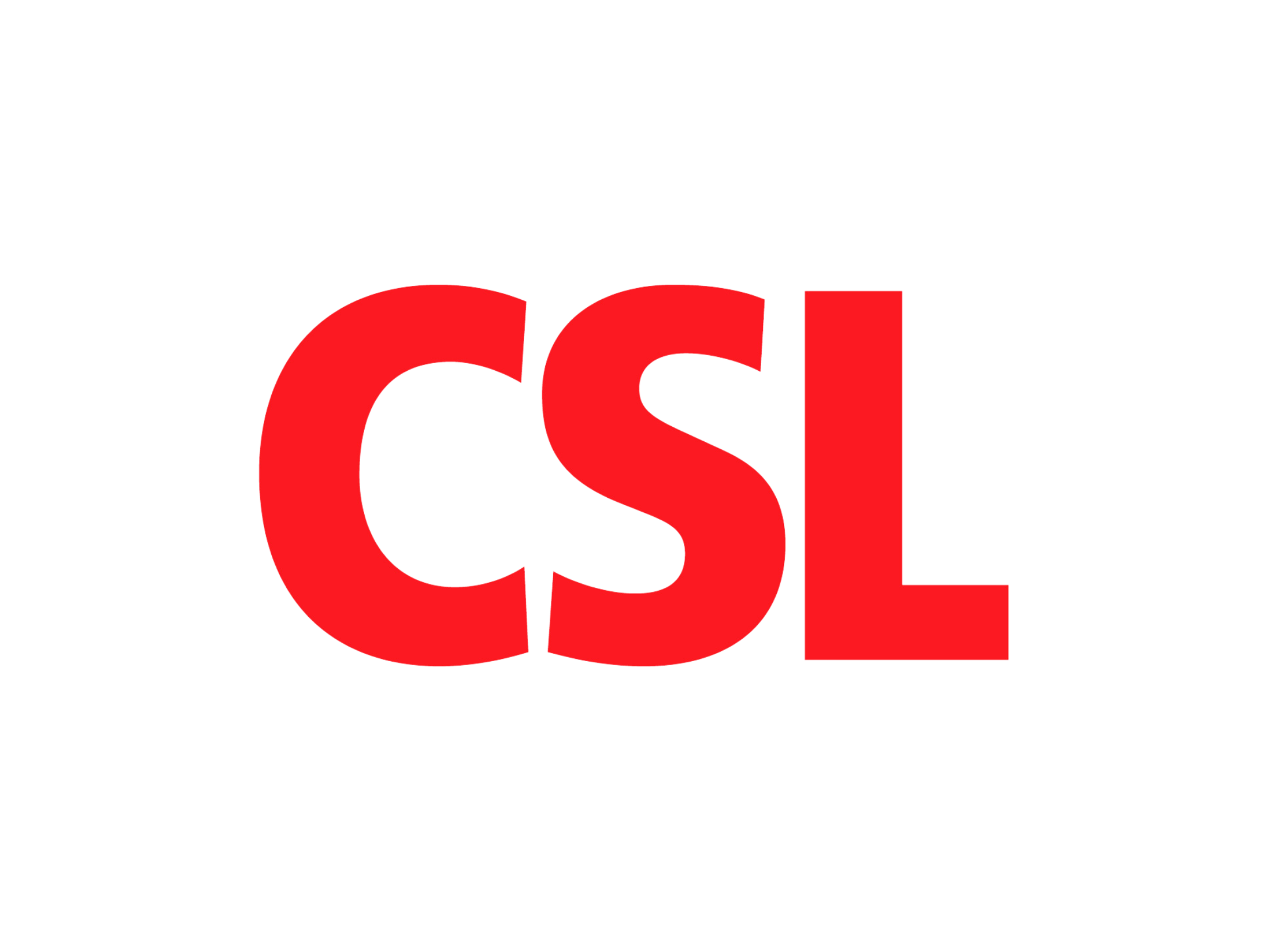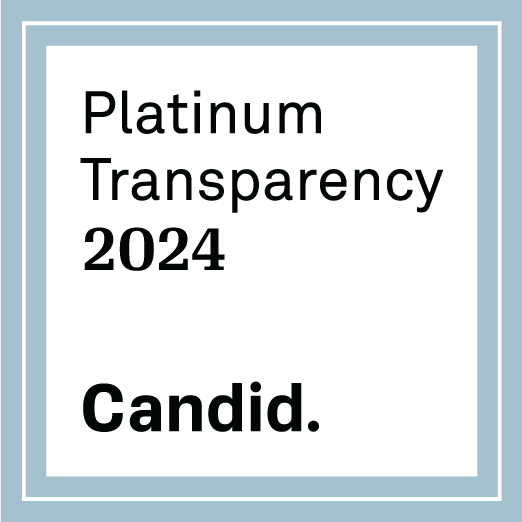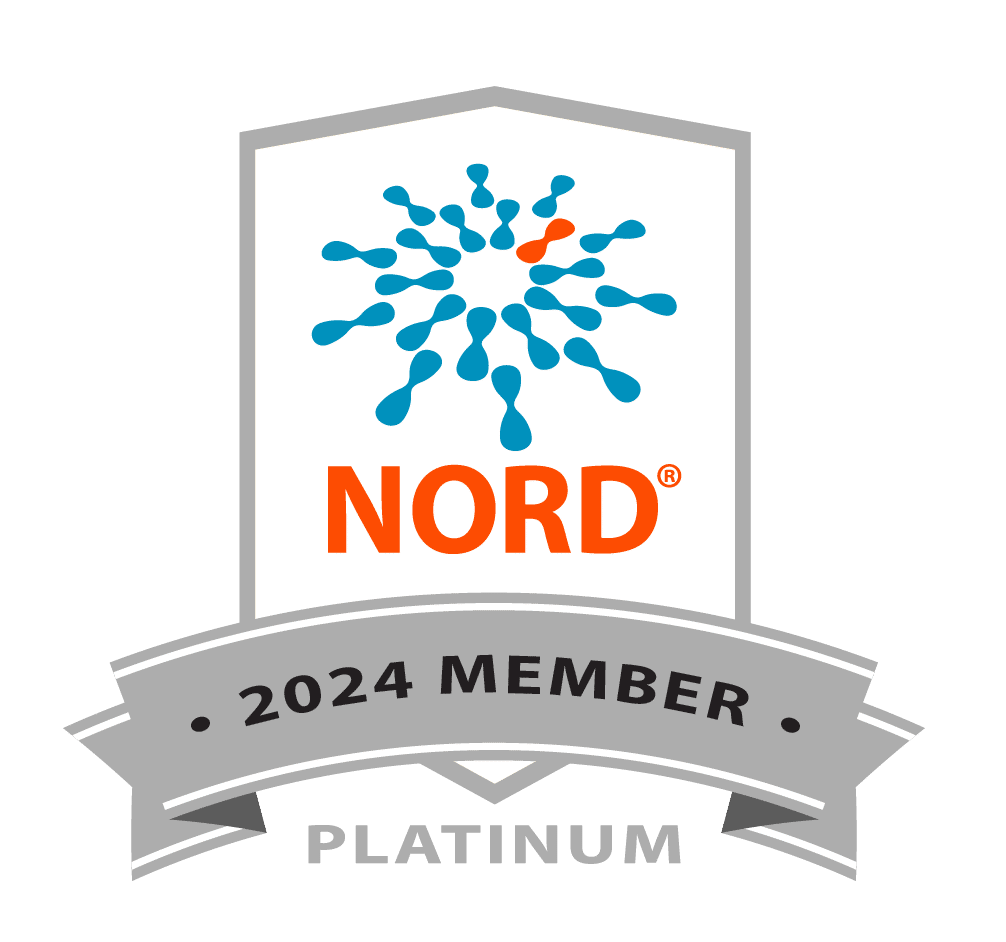The Alpha-1 Foundation signed on with other member organizations of the All Copays Count Coalition in support for the HELP Copays Act (S.1365).
May 10, 2023
The Honorable Roger Marshall, M.D. (R-KS) The Honorable Tim Kaine (D-VA)
United States Senate United States Senate
Washington, DC 20510 Washington, DC 20510
Senator Lisa Murkowski (R-AK) Senator Ed Markey
United States Senate United States Senate
Washington, DC 20510 Washington, DC 20510
Senator Joni Ernst (R-IA)
United States Senate
Washington, DC 20510
Dear Senators Marshall, Kaine, Murkowski, Markey, and Ernst:
The 84 undersigned organizations of the All Copays Count Coalition (ACCC), extend their gratitude for your leadership and commitment to protecting vulnerable patients in introducing S. 1375, the Help Ensure Lower Patient Copays Act (HELP Copays Act). We pledge to work with you to ensure that this common-sense, bipartisan legislation becomes law.
The ACCC represents individuals living with serious, chronic health conditions for whom ongoing and continuous access to treatment is essential. However, despite having insurance that is supposed to protect from high, unexpected medical costs, these individuals are facing multiple barriers to the therapies they need to treat their conditions which can leave them with untenable medical debt and unacceptable delays in treatment. Once they’ve overcome hurdles such as prior authorization and step therapy and are approved for the medication their doctors prescribe, patients face skyrocketing deductibles and steep cost-sharing requirements. With no other options to afford the medicine they need, many patients turn to charitable or manufacturer copay assistance to afford their drugs.
Unfortunately, many insurers are taking this assistance intended for patients and not counting it towards a patient’s deductible and out-of-pocket maximum. This presents another significant barrier for patients and can result in unexpected bills that can reach thousands of dollars. Unfortunately, as our patients can attest, this has all too often left them in a precarious position, having to choose between paying for their medicines and other necessities like rent or groceries.
This two-part solution in the HELP Copays Act will eliminate barriers to treatment for some of the most vulnerable Americans—those who live with serious, complex chronic illness—ensuring that they can afford the necessary and often life-saving medications prescribed by their providers. Specifically, the bipartisan HELP Copays Act:
• Requires health plans to count the value of copay assistance toward patient cost-sharing requirements. This would bring much-needed relief to financially vulnerable individuals by
ensuring that all payments—whether they come directly out of a patient’s pocket or with the help of copay assistance—count towards their out-of-pocket costs.
• Closes a loophole that allows many employer health plans to deem certain covered drugs as “non-essential,” which means that the insurer will not count any cost-sharing toward the patient’s deductible and out-of-pocket maximum. Your bill will require all private plans to count all cost-sharing for covered services to accrue to a patient’s deductible and out-of-pocket maximum.
Together, these practices undermine coverage for pre-existing conditions, hurt patient access to necessary medications, decrease drug adherence, and even cost our health care system more money. We are committed to working in partnership with you to ensure that the HELP Copays Act becomes law, and these harmful practices end once and for all.
Sincerely,
All Copays Count Coalition Steering Committee
Arthritis Foundation
Cancer Support Community
Immune Deficiency Foundation
National Hemophilia Foundation
National Multiple Sclerosis Society
The AIDS Institute
Member Organizations
Accessia Health
AIDS Foundation Chicago
Aimed Alliance
Alpha-1 Foundation
Alliance for Headache Disorders Advocacy
Alliance for Patient Access
ALS Association
American Cancer Society Cancer Action Network
American College of Rheumatology
American Kidney Fund
Association for Clinical Oncology
Association of Women in Rheumatology
Autoimmune Association
CancerCare
Cervivor, Inc.
Chronic Care Policy Alliance
CLL Society, Inc.
Coalition of Skin Diseases
Coalition of State Rheumatology Organizations
Community Oncology Alliance (COA)
Crohn’s & Colitis Foundation
Cystic Fibrosis Research Institute
Derma Care Action Network
Diabetes Leadership Council
Diabetes Patient Advocacy Coalition
Digestive Disease National Coalition
Dystonia Advocacy Network
Dystonia Medical Research Foundation
Eastern PA Bleeding Disorders Foundation
Epilepsy Foundation
EveryLife Foundation for Rare Diseases
FORCE: Facing Our Risk of Cancer Empowered
Foundation for Sarcoidosis Research
Georgia AIDS Coalition
Global Healthy Living Foundation
Go2 for Lung Cancer
Haystack Project
HealthyWomen
Hemophilia Alliance
Hemophilia Council of California
Hemophilia Federation of America
HIV + Hepatitis Policy Institute
HIV Medicine Association
Hope Charities
ICAN, International Cancer Advocacy Network
Infusion Access Foundation (IAF)
Infusion Providers Alliance
International Foundation for Autoimmune & Autoinflammatory Arthritis
International Foundation for Gastrointestinal Disorders
International Myeloma Foundation
Looms For Lupus
LUNGevity Foundation
Lupus and Allied Diseases Association, Inc.
Lupus Foundation of America
METAvivor
National Alopecia Areata Foundation
National Consumers League
National Eczema Association
National Infusion Center Association (NICA)
National Organization for Rare Disorders
National Pancreas Foundation
National Psoriasis Foundation
National Scleroderma Foundation
NCODA
NephCure Kidney International
Ovarian Cancer Research Alliance
Patient Access Network (PAN) Foundation
Patient Empowerment Network
Platelet Disorder Support Association
Project Sleep
Pulmonary Hypertension Association
Ryan White Medical Providers Coalition
Society of Dermatology Physician Assistants (SDPA)
Susan G. Komen
Triage Cancer
US Hereditary Angioedema Association
wAIHA Warriors
2 For 2 Boobs, Inc.
